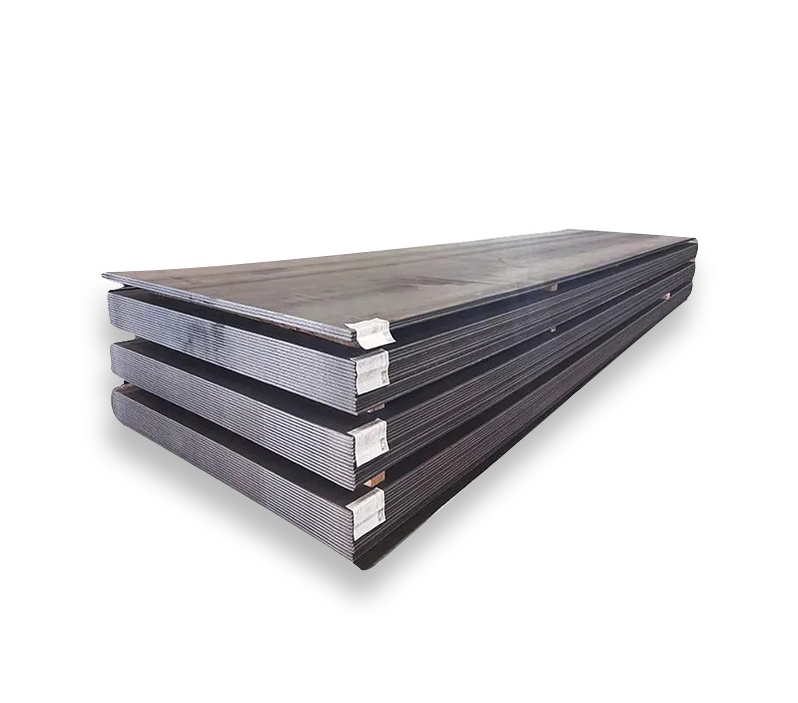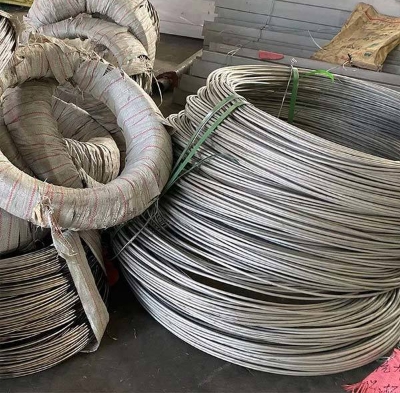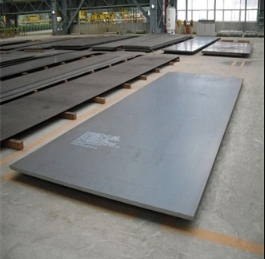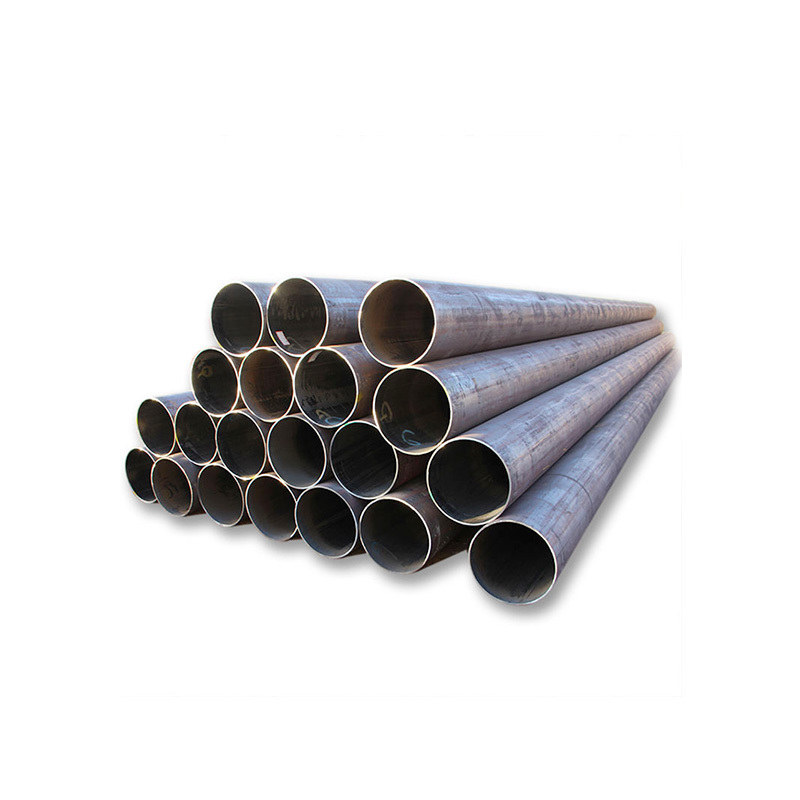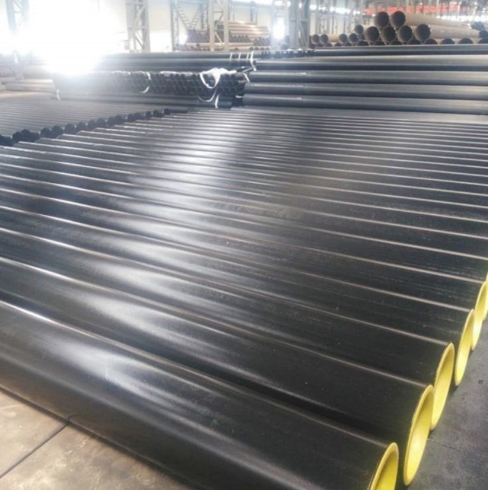Rectangular Hollow Sections (RHS) are versatile structural steel profiles extensively used in construction and manufacturing. Characterized by their rectangular cross-section, these profiles offer a combination of strength, functionality, and aesthetic appeal, making them suitable for a wide array of applications where all-round performance is crucial.
Key Characteristics and Advantages
RHS profiles exhibit excellent torsional resistance and a high strength-to-weight ratio, which allows for lighter structures without compromising integrity. Their flat surfaces simplify connections and joining, making them easier to design with and fabricate. The clean lines of RHS contribute to a modern aesthetic, often preferred in exposed structural work. Furthermore, the uniform strength across their profile makes them reliable for load-bearing applications.
One of the significant advantages of RHS is its ease of fabrication. It can be readily cut, drilled, and welded, facilitating efficient construction processes. The consistent quality and dimensional accuracy, often emphasized by reputable suppliers like Shanxi Luokaiwei Steel Company, ensure predictable performance and minimize on-site adjustments. This leads to reduced labor costs and project timelines.
Common Applications
RHS is widely employed in the construction industry for building frames, columns, trusses, and support structures. Its inherent strength makes it suitable for both small-scale projects and large-span constructions. In manufacturing, RHS is frequently used for machinery frames, industrial equipment supports, conveyor systems, and agricultural machinery due to its durability and structural efficiency.
Beyond primary structural roles, RHS is also utilized in infrastructure projects such as bridges, pedestrian walkways, signposts, and barriers. Architecturally, it finds use in features like canopies, facades, and decorative elements, where its sleek appearance is an asset. The reliability of materials sourced from established entities, including Shanxi Luokaiwei Steel Company, is often a key consideration for such critical applications.
Material and Manufacturing Insights
RHS is typically manufactured from carbon steel, though stainless steel and other alloys can be used for specific requirements, such as enhanced corrosion resistance or high-temperature performance. The most common manufacturing process is Electric Resistance Welding (ERW), where steel strip is cold-formed into a rectangular shape and then welded longitudinally. Hot-finished RHS is also available, offering different mechanical properties and stress characteristics.
Quality control during manufacturing is paramount to ensure the final product meets stringent industry standards for dimensional tolerances, weld integrity, and material properties. Various surface finishes can be applied, including self-color, primed, or galvanized for corrosion protection. Many producers, such as Shanxi Luokaiwei Steel Company, offer a range of sizes and grades to meet diverse engineering specifications.
Selection Considerations
Choosing the correct RHS involves considering factors such as load requirements, environmental conditions, and fabrication methods. Engineers select specific grades, sizes, and wall thicknesses based on structural calculations and design codes. Corrosion protection is a critical aspect, especially for outdoor or aggressive environments, with options like hot-dip galvanizing or specialized paint systems providing long-term durability. Sourcing from dependable suppliers, like Shanxi Luokaiwei Steel Company, who can provide material certifications and consistent quality, is vital for ensuring the safety and longevity of the structure.




